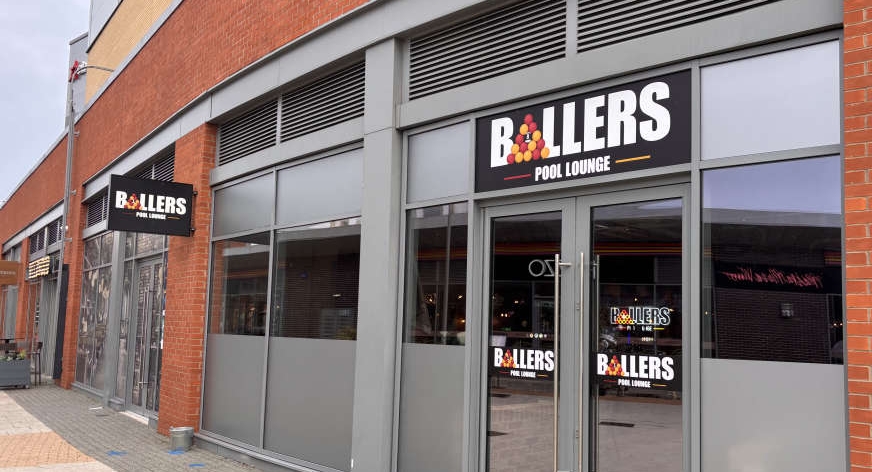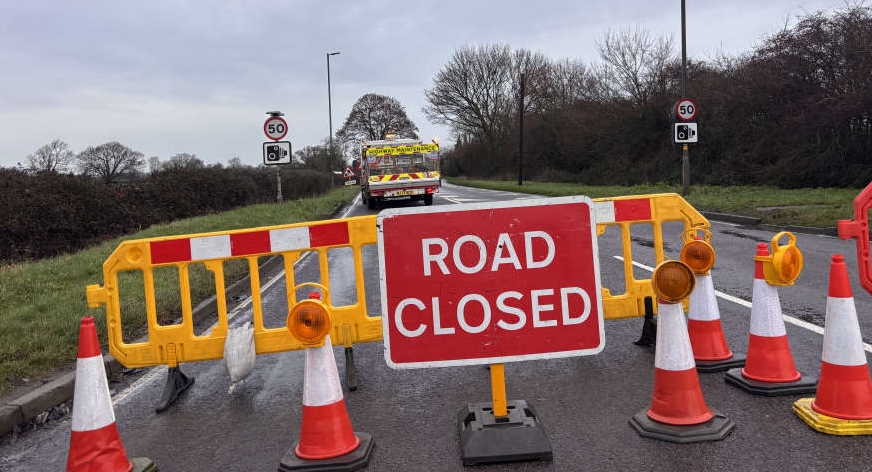
With an estimated 33 million people planning a barbecue over the bank holiday weekend, HBBC have partnered with the Food Standards Agency to provide some top tips to help prevent food poisoning.
It is estimated that the UK reports 1,000,000 cases of food poisoning each year, with a rise in summer months, which is a potential consequence of unsafe barbecue food. So, it is important to be aware of the dangers of foodborne diseases, such as campylobacter, listeria and salmonella.
Executive Member for Hinckley & Bosworth Borough Council, Cllr Kevin Morrell said:
A summer of sports, weddings and scorching weather means the nation has been experiencing full barbecue fever. However, the hot weather we have been experiencing this summer means anyone who is planning a barbecue needs to be even more careful. In particular, you should make sure food isn’t left out and fridges should be kept below 5⁰C.
Adam Hardgrave, Head Foodborne Disease Control at the Food Standards Agency, said:
Most of us know the danger of not cooking chicken all the way through, and people need to have the same vigilance when it comes to burgers and sausages. A common misconception is that burgers are like steak and can be eaten rare, but when they are still pink in the middle, they are three times more likely to contain harmful bacteria.
With 28% of people concerned about food poisoning, there are ten easy tips for staying food safe when cooking on the barbecue:
Come clean: Wash your hands thoroughly before cooking and eating. Wash your utensils and serving dishes in between use, taking special care not to mix up dishes used for holding raw food with dishes for cooked food.
Keep your cool: Defrost your food in the fridge, not at room temperature, and ensure it is fully defrosted before cooking. When storing cooked food, cool it at room temperature before putting it in the fridge, but make sure you get it in the fridge within two hours.
Fridge check: Generally, the colder the temperature, the slower the germs grow, so regularly check your fridge is cold enough – it should be below 5⁰C. Fridge thermometers are widely available in larger supermarkets, home stores and online.
Divide and conquer: Avoid cross contamination by storing raw meat separately from ready-to-eat foods. Use different utensils, plates and chopping boards for raw and cooked food. Do not prepare food for others if you are unwell.
Staying cool on the go: Continue to keep food cool by using a cool box when heading out for a picnic or barbecue. On arrival, keep the lid on as much as possible and don’t leave food out for longer than two hours – or one hour if it’s very hot outside.
Feel the heat: Cook food at the right temperature and for the correct length of time to ensure that any harmful bacteria are killed. Turn meat regularly and move it around the barbecue to cook it evenly.
Marinade mindfully: When applying a marinade to meat, be careful. Don’t baste partially and cook meat with a marinade that has been used on raw meat, as this can lead to cross-contamination. If you would like to apply the marinade again as a baste, boil it in a pan, and it will be safe to use.
Don't beef up the barbie: Never overload your barbecue and remember that disposable barbecues take longer to heat up and cook food, so be patient!
Check it's done: Always check that meat juices run clear and that no pink meat is visible when cutting through the thickest part. Remember, charred on the outside doesn’t always mean cooked on the inside!
Final finish: Consider cooking all chicken and pork in the oven and then giving them a final ‘finish’ on the barbecue where possible. This ensures that meat is safely cooked through, whilst retaining that great smoky barbecue flavour.


 Do you recognise these people?
Do you recognise these people?
 BALLERS Pool Lounge opens in The Crescent
BALLERS Pool Lounge opens in The Crescent
 Major road closed until Christmas Eve after burst water pipe
Major road closed until Christmas Eve after burst water pipe
 Annual Christmas charity tractor run returns this Saturday
Annual Christmas charity tractor run returns this Saturday
 Unwanted bikes needed to give to Leicestershire’s young people a chance to learn to cycle
Unwanted bikes needed to give to Leicestershire’s young people a chance to learn to cycle
 £1K reward to help find wanted man with links to Nuneaton
£1K reward to help find wanted man with links to Nuneaton








